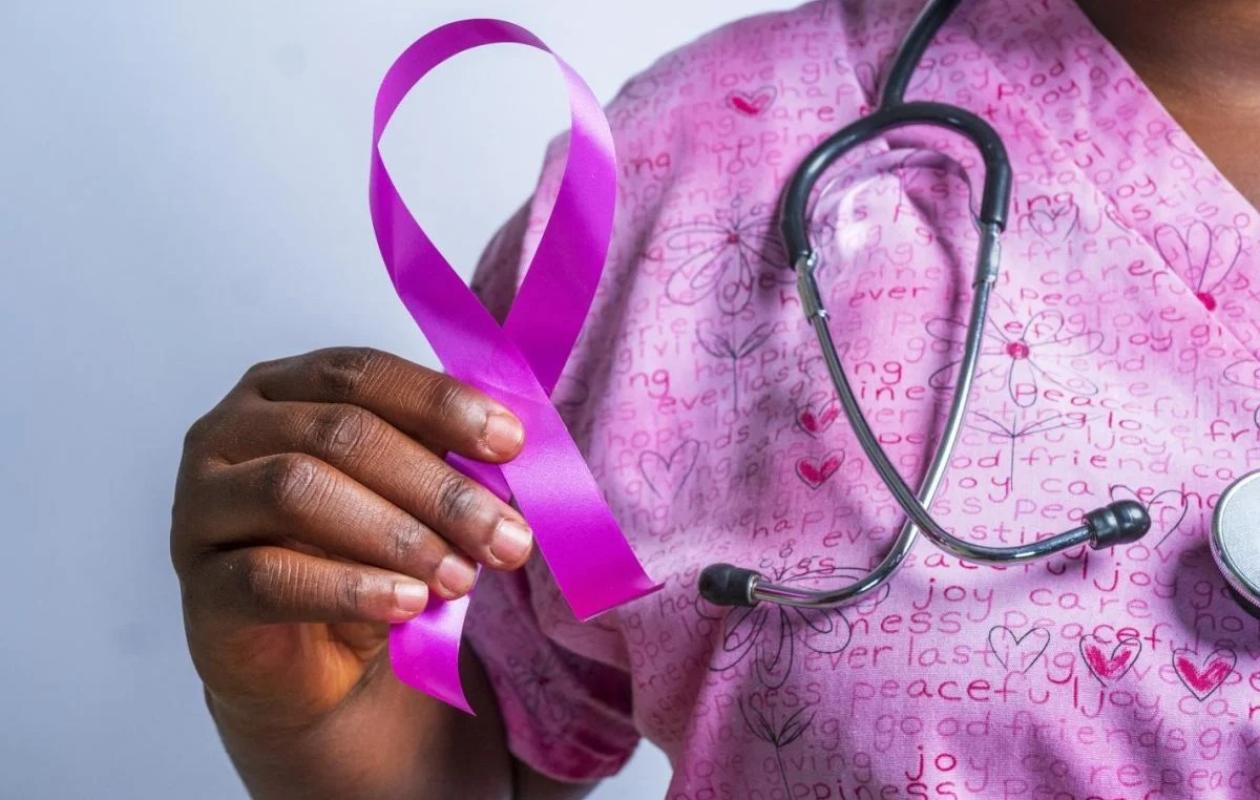
Prise en charge du cancer du sein : L’éternelle problématique du diagnostic tardif
The month of October, dedicated to raising awareness of breast cancer through the global Pink October campaign, is a pretext for measuring the scale of the challenges Senegal faces in the face of this disease. The Senegalese League for the Fight Against Cancer (LISCA) kicked off this edition with a major hiking trail that brought together more than 2,600 participants. LISCA President Dr. Fatma Guenoune sounded the alarm about cancers still too often diagnosed late and the inadequate means of treatment.
A diagnosis still too late
Breast cancer is now one of the most common cancers in Senegal. Each year, according to LISCA, the country records approximately 1,836 new cases and 976 deaths. These alarming figures are largely explained by late detection. "Unfortunately, 70% of women arrive at advanced stages of the disease, where it is no longer possible to save them. All we can do at this stage is to support them with dignity," laments Dr. Guenoune. She emphasizes the importance of early screening, recommended from the age of 40, which increases the chances of survival and reduces the high costs associated with heavy treatments.
Resources concentrated in Dakar
Since its creation in 1985, LISCA has supported more than 4,500 patients with chemotherapy and radiotherapy, but access to care remains unequal. Dakar has the majority of the infrastructure and technical facilities, creating a real health divide. "We must not leave Dakar alone to treat cancer. We must create treatment units in regional hospitals and develop radiotherapy in other areas," argues the president of LISCA.
This centralization has direct consequences: patients from remote regions must travel long distances to receive treatment, with transportation and accommodation costs that are often unsustainable for already fragile families. LISCA also highlighted another major challenge: the lack of accommodation facilities for patients from the regions. “The government granted us a 500 m² plot of land in Yeumbeul to build a residential home. We already have a partner, Dubai Port World, who has agreed to finance the project. The funds have been available since 2023, but we are waiting for the restrictions on the land to be lifted before starting work,” explains Dr. Guenoune. This residential home would be a relief for many women forced to sleep in precarious conditions, sometimes even in hospitals, due to a lack of housing during treatment.
The limits of the technical platform
Beyond the infrastructure deficit, cancer care suffers from a lack of modern and sufficient equipment. Radiotherapy devices are concentrated in the capital and struggle to meet the high demand. Dr. Guenoune therefore advocates for strengthening the technical platform, not only to reduce treatment times, but also to improve the quality of care. The lack of suitable equipment lengthens waiting lines and compromises patients' chances of recovery.
Pink October: screening and mass awareness
For this 2025 edition, LISCA has set an ambitious goal: to screen 15,000 women and distribute 2,000 subsidized mammogram vouchers. "Whenever an abnormality is detected, the mammogram will be free, and all patients who test positive will be supported through to diagnosis and treatment," assures the president. The program includes 15 activities throughout the month: free consultations at LISCA headquarters from Monday to Friday, traveling campaigns in different locations, and a major awareness and screening day on October 11 at the Stade de l'Amitié. While LISCA's actions help break the taboo surrounding cancer and support patients, they are not enough on their own to reverse the trend.
The fight against breast cancer in Senegal requires strong political will, substantial investment in regional infrastructure, and sustained mobilization of partners. "We have managed to save nearly 50% of the patients we support. But we can do better if women get screened early and if resources are increased," concludes Dr. Fatma Guenoune.
Commentaires (1)
Participer à la Discussion
Règles de la communauté :
💡 Astuce : Utilisez des emojis depuis votre téléphone ou le module emoji ci-dessous. Cliquez sur GIF pour ajouter un GIF animé. Collez un lien X/Twitter, TikTok ou Instagram pour l'afficher automatiquement.